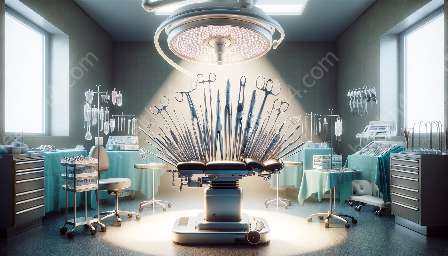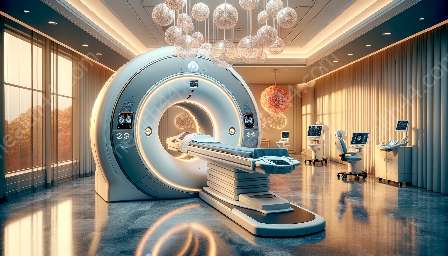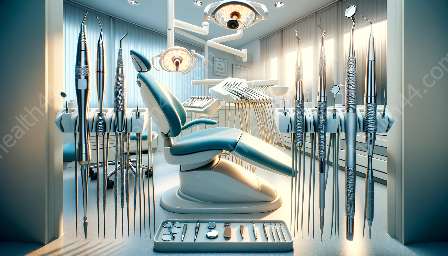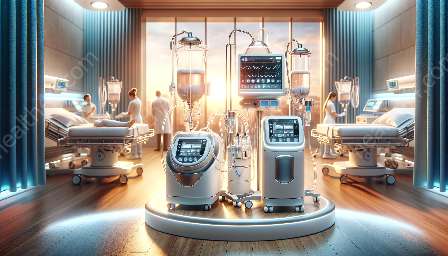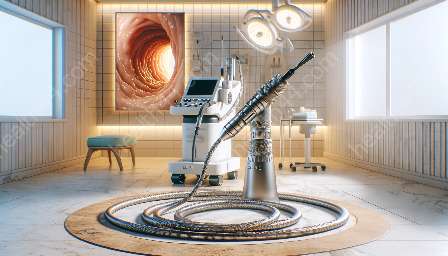Dental instruments are indispensable tools used by dental professionals to provide effective care and maintenance of oral health. This comprehensive guide covers the various types of dental instruments, their uses, and significance in dental healthcare.
Understanding Dental Instruments
Dental instruments encompass a wide range of tools that are essential for diagnosing, treating, and maintaining oral health. These instruments are meticulously designed to perform specific tasks, enabling dentists to deliver precise and efficient care to their patients.
Types of Dental Instruments
1. Diagnostic Instruments: These instruments are used to examine and diagnose oral conditions, including mirrors, probes, and explorers.
2. Periodontal Instruments: Designed for the maintenance of gum and periodontal health, these instruments include periodontal probes and scalers.
3. Restorative Instruments: These instruments are used in the restoration and repair of teeth, including excavators, composite placement instruments, and condensers.
4. Surgical Instruments: Surgical instruments are crucial for performing various dental procedures such as extractions, implant placements, and biopsies. Examples include forceps, elevators, and surgical curettes.
The Importance of Dental Instruments in Oral Health
Accurate Diagnosis: Dental instruments play a vital role in the accurate diagnosis of oral conditions, allowing dentists to identify issues and recommend appropriate treatment.
Precision in Treatment: The precise design and functionality of dental instruments enable dentists to perform intricate procedures with accuracy and efficiency, contributing to successful treatment outcomes.
Prevention and Maintenance: Dental instruments aid in the prevention and maintenance of oral health by facilitating proper cleaning, scaling, and periodontal care, which are essential for preventing oral diseases.
Advancements in Dental Instrument Technology
Over the years, advancements in technology have led to the development of innovative dental instruments that enhance the efficiency and precision of dental procedures. Digital imaging systems, intraoral cameras, and laser technologies are among the contemporary tools that have revolutionized the field of dentistry.
Adhering to Quality and Safety Standards
As medical devices and equipment, dental instruments are subject to stringent quality and safety standards to ensure their effectiveness and the well-being of patients. Manufacturers and dental practitioners are dedicated to upholding these standards through rigorous testing, proper maintenance, and compliance with regulations.
Conclusion
The significance of dental instruments in maintaining oral health cannot be overstated. These vital tools empower dental professionals to deliver comprehensive care, ensure precise diagnosis and treatment, and contribute to the overall well-being of patients. As technology continues to advance, the evolution of dental instruments will further enhance the quality and efficacy of dental care.


